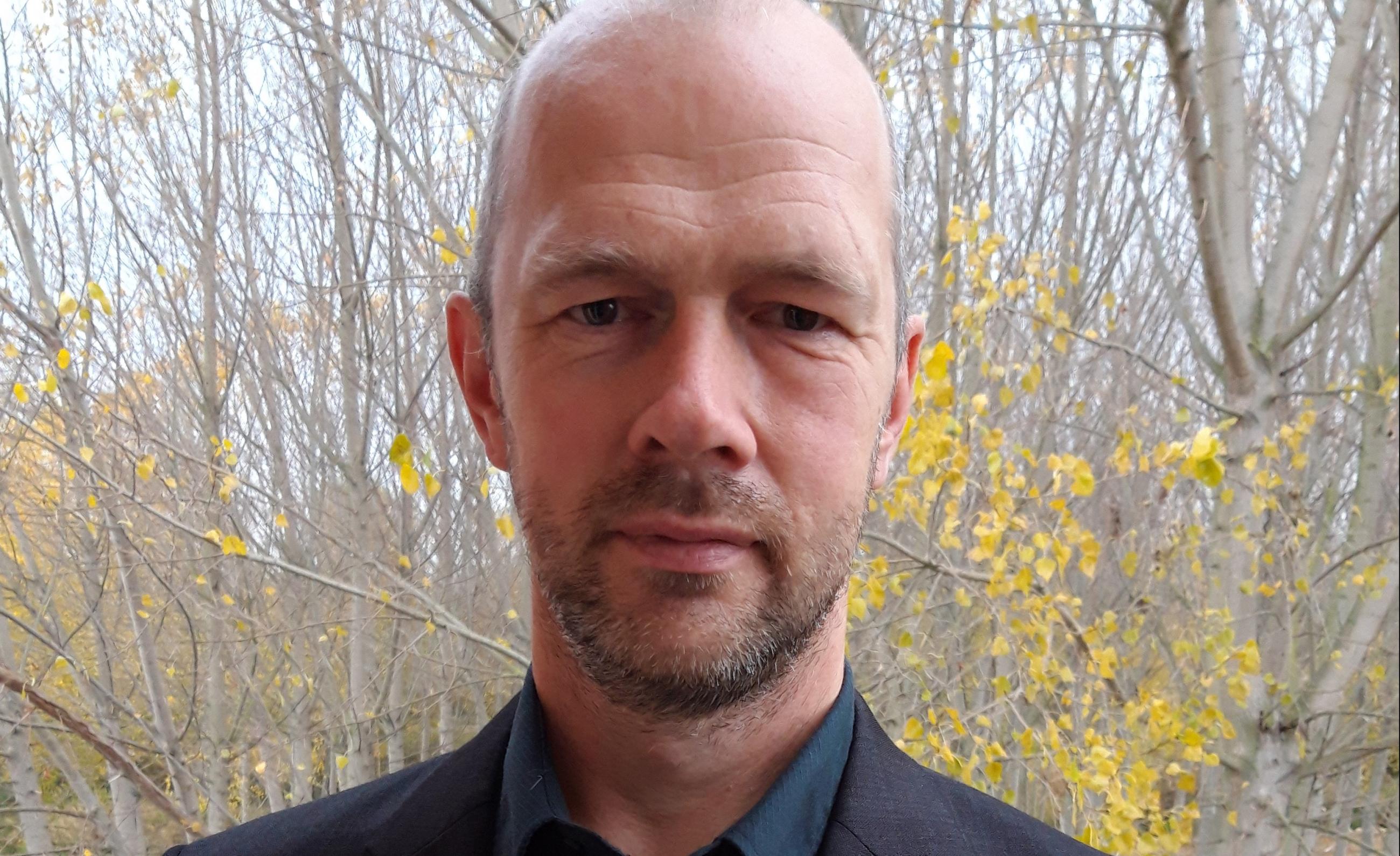Madis Põdra: “Recovering one species is a hard task but if you plan it carefully, you might be successful”
Read the interview about Madis Põder, the Coordinator of European mink conservation projects at MITECO Tragsatec in Spain, who defended his thesis in March. His doctoral thesis topic is ‘Expansion of alien American mink, Neovison vison, and translocation of captive-bred European mink, Mustela lutreola: assessing impact on the native species' conservation’.

How did you come up with this topic during your studies?
I actually came up with this topic before I began my doctoral studies. I met Tiit Maran in Hiiumaa when American mink were still being captured and the possible release of European minks was still only in discussion. When the first European minks were reintroduced into nature, I was mostly in charge of the fieldwork. That’s how it all began.
Writing a doctoral thesis is a huge task and definitely needs constant self-motivation. What’s your trick? How were you able to consistently work on it to achieve a successful final result?
Indeed, when you’re engaged in the practical side of species conservation, writing research articles and your thesis tends to fade into the background. It’s not so much the lack of motivation as it is the fact that all your time is spent on other things. If you think you’ll write when you have time, you will never finish it, you have to take time by force. In the last few years, I was waking up at 4-5 every morning – then I was able to focus on my research every day before getting started with my real job. I was able to complete my thesis thanks to that.
Please describe a memorable or funny event that happened when you were writing your thesis.
A lot has happened during fieldwork, I could write a whole book of those stories. A few of them are fresh in my mind: During wildlife monitoring in Hiiumaa, I caught a European mink and for some reason I did not have a scale on hand. So I entered a small village shop, with the mink in a cloth bag, and asked if I could weigh an animal. Startled by the question, the shop assistant asked how big the animal was. I said about half a kilo. Then the shop assistant happily agreed and we weighed the mink on the counter. She weighed 550g, a healthy mink girl!
Some of these moments have been funny afterwards. I was looking for a lost mink during radio monitoring in the middle of the night in Basque Country, Spain. Finally I got a signal from under a railway bridge that was under construction and had huge ‘do not enter’ signs outside of it. Terrorism was a big issue at the time. I tiptoed nearer to the animal and a moment later police patrols rushed in – so I stood there, under the bridge, with searchlights aimed at me and the device in my hands was making beeping noises and I explained that I was Estonian and a biologist. Thankfully, they believed me.
How is your research going to change the world?
The main message of my thesis is that recovering one species is a hard task but if you plan it carefully, you might be successful at it. During my career, I have noticed that officials generally have a strong desire to translocate endangered species back into nature. These operations are filled with enthusiasm but there is little planning and analysis. I hope that my research can help here and is a good example of how hard it can be to reintroduce a species into nature. It would be best if we didn’t have to engage in translocation at all, because every attempt means that a species or population has disappeared from nature.
What are the most important values and beliefs that you live by?
Everything that makes us Human with a capital H. I value honesty, respect, manners and modesty when expressing your opinions a lot. Today it is so easy to lash out on one another on social media, to label, to insult... do we need this?
How much are the voices of scientists and young researchers heard in our society?
It could be more, especially when we talk about ecology – the air that we breathe and the food that we eat, they all come from nature. We are completely dependent on nature although we might not realise it ourselves in the era of technology. Human activity is destroying nature more than ever before and ecologists have talked about it a lot but I feel that their voice has not reached most of society yet. I hope that in the near future, the voices of scientists and especially young scientists are amplified.
Please tell us about a book that you recently read and would recommend to others. Why would you recommend it?
Tiit Leito’s ‘The Sea Speaks in the Language of the Winds’ (Meri räägib tuulte keeles). I highly recommend it because nowadays we keep moving further and further from nature, getting comfortable and depending too much on technology. This book takes you to a world where you are dependent on nature, see its beauty and feel its firm hand, you are put in situations where you need to survive and hindsight won’t give you anything. It reminds us of what is important and how much we focus on the unimportant things around us in our everyday lives.